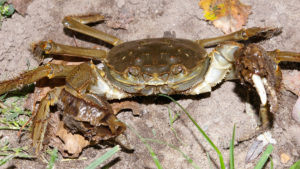
Effect of stocking density during overwintering culture of Chinese mitten crabs
Study evaluates stocking densities for overwintering Chinese mitten crabs, an important aquacultured species in China, to extend the production season.
A real-time RPA method has been developed for the detection of Vibrio parahaemolyticus with high sensitivity and specificity.

Study evaluates stocking densities for overwintering Chinese mitten crabs, an important aquacultured species in China, to extend the production season.
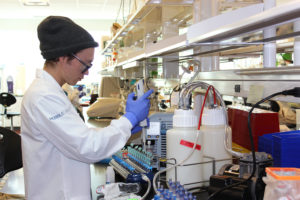
Biotech company Pebble Labs is harnessing bacteria to block the transmission of virulent shrimp diseases in a process known as RNA interference, or RNAi.
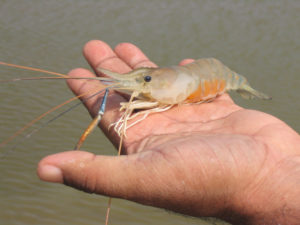
A selective breeding program for giant freshwater prawns in China provides valuable information for the breeding of the species.
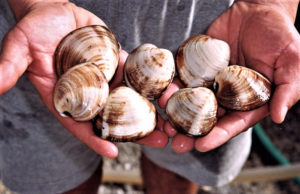
A review of the application of probiotics in shellfish aquaculture, methods of administration, mode of actions and their enhancing effects.
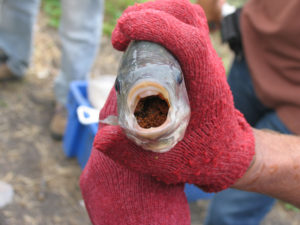
Study evaluates the experimental transmission of Tilapia Lake Virus (TiLV) from tilapia broodstock to their reproductive organs and fertilized eggs.
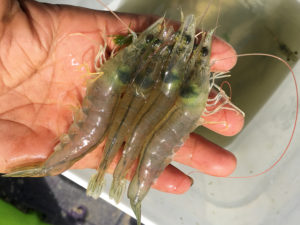
This article presents lab and field test results for a proprietary parabiotic on Pacific white shrimp farms in Latin America and Southeast Asia.
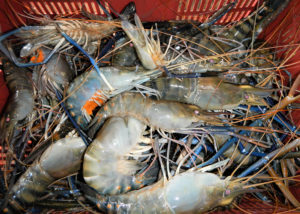
Study reports and describes a natural occurrence of new virus, Decapod Iridescent Virus 1 (DIV1), in the giant freshwater prawn (Macrobrachium rosenbergii).
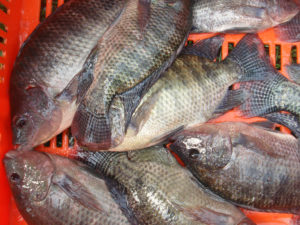
Study characterizes the microbial community and dynamics of a continuous-flow competitive exclusion culture derived from gut microbiomes in Nile tilapia.
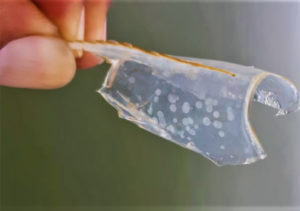
A study in Vietnam showed that there was significant variation in WSSV resistance among Pacific white shrimp families evaluated.
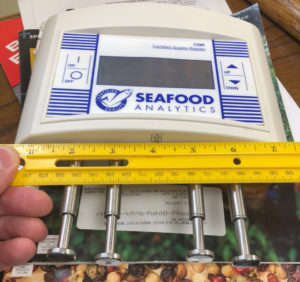
U.S. company’s certified quality reader utilizes electrodes to create signals that provide valuable information about fish health in just seconds.
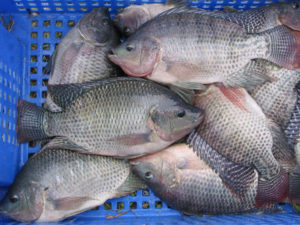
Study examines impact of an increase in dietary NaCl on nutritional and other physiological processes, and effects on gut microbiome in Nile tilapia.
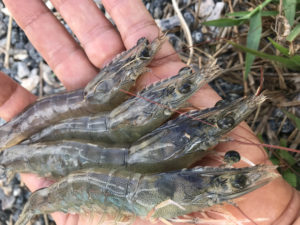
Results of this study showed that L. vannamei juveniles can be cultured at high densities with adequate survival, growth and feeding efficiency, and with minimal water exchange or full water reuse through recirculation.
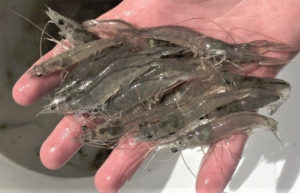
This study estimated the heritability of ammonia tolerance in Pacific white juveniles. Results suggest that rapid genetic gains could be obtained.
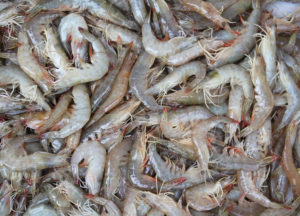
Antibiotic residues in farmed shrimp, and antimicrobial resistance in general, pose a threat, but we must balance what is realistic and what is ideal.
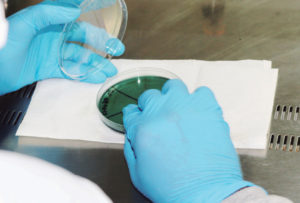
Study evaluates probiotic capacity of Pseudovibrio denitrificans from marine sponges and its potential to control emerging Vibrios on shrimp farms.